The announcement of Bedi as the chief ministerial candidate was a bolt from the blue for Delhi BJP. For early in January, senior BJP leaders said their Modi strategy — which had proved successful in Maharashtra, Haryana, Jharkhand and Jammu & Kashmir — would remain unchanged.
“It was a simple strategy. The PM was the face of the campaign, the plank was development and no CM candidate would be announced. It meant everyone would work hard and infighting would be quelled. But suddenly, Bedi was inducted into the party and two days later she became our boss,” one leader said.
Sources in the party believe the ditching of this strategy was forced by two events that failed to meet Modi’s expectations. One was the poor turnout at his Ramlila Maidan rally on January 10; and the second, the often dismal turnout at the corner meetings addressed by almost all of the BJP’s 282 MPs.
“The PM’s rally at the Ramlila Maidan was supposed to be significant. The venue was where Kejriwal had held several rallies and we believed it would send a strong signal to the party rank and file that there was no stopping the BJP this time,” a senior Delhi BJP functionary said.
Sources said the crowd at the rally was too lean for the top bosses’ liking. “The crowd was smaller than what the PM is used to. In the recent state polls and in the Lok Sabha elections, each venue was packed,” another senior BJP leader said. According to the Delhi Police, the rally drew close to 40,000 people, well below BJP’s expectation of one lakh.
Modi also dedicated the better part of his 38-minute speech to the AAP, albeit without mentioning the party by name, and its core electorate and election promises. The Indian Express had reported that Modi mentioned the word “gareeb” 38 times in that speech, an electorate that the AAP has prioritised this election. Modi also announced schemes for cheaper power in Delhi, another of Kejriwal’s pet promises.
“By identifying the AAP as the BJP’s main rival in Delhi and by going after issues it has raised, the PM gave the AAP stimulus. The Congress had become a non-player and people recognised us as the alternative to the BJP,” an AAP leader said.
Before the Ramlila Maidan disappointment, throughout the winter session of Parliament, the BJP had flooded Delhi with its MPs in a show of strength. At least 120 MPs from across the country addressed corner meetings in Delhi in a bid to target migrants. The MPs included Sadhvi Niranjan Jyoti and Sakshi Maharaj, whose remarks instead caused the party embarrassment and even galvanised the opposition in Parliament.
A BJP MP said, “I was sitting in Parliament when I was asked to address a rally in Delhi. I did not even know where or who I would be addressing. There were about 50 people in the audience.”


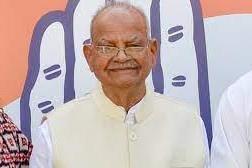
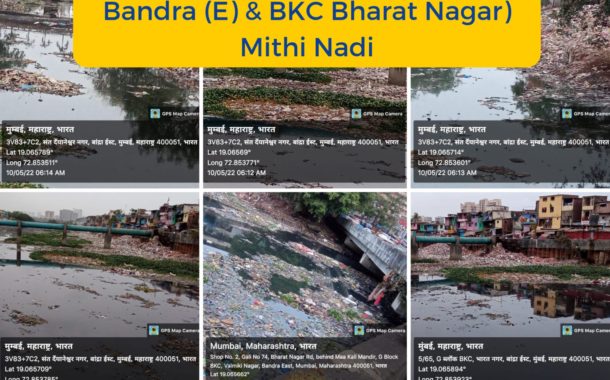
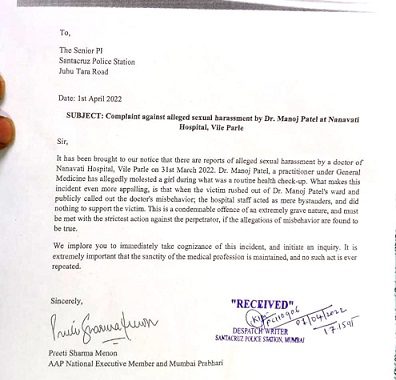
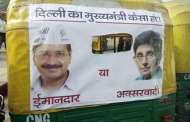
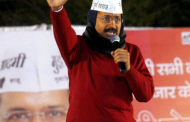
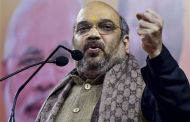



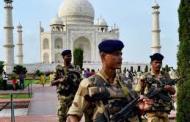
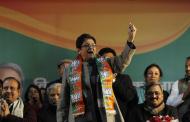
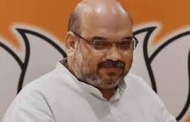
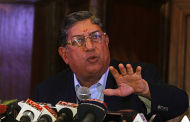

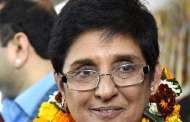





Recent Comments